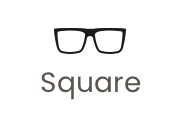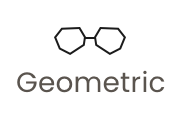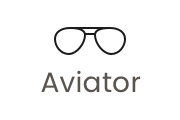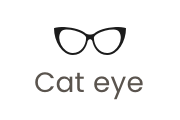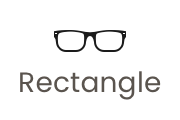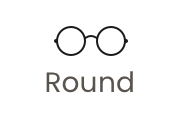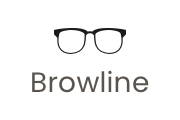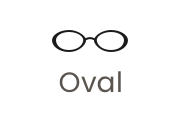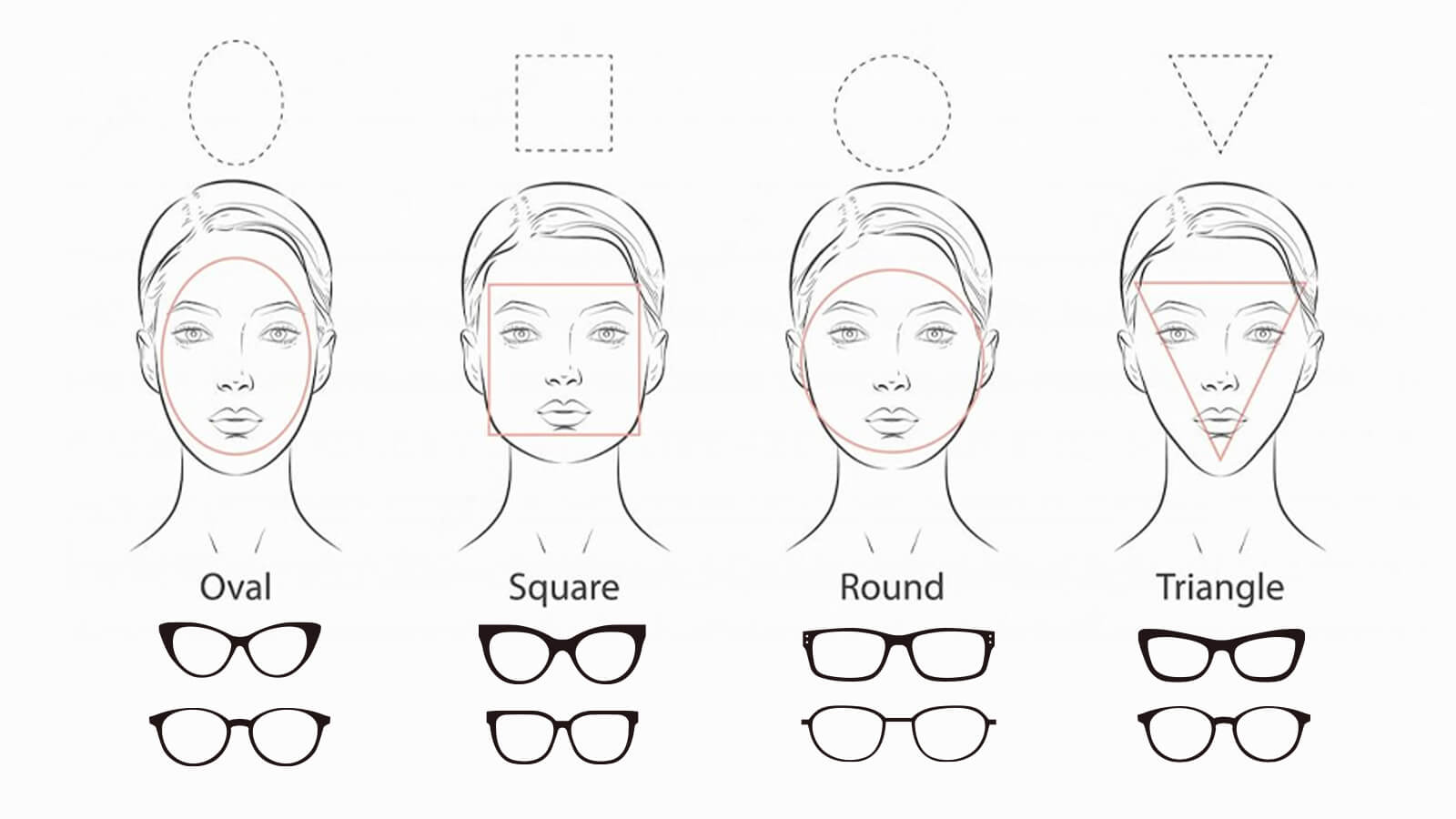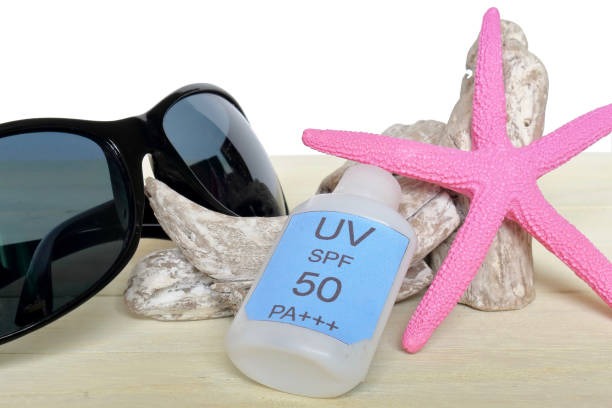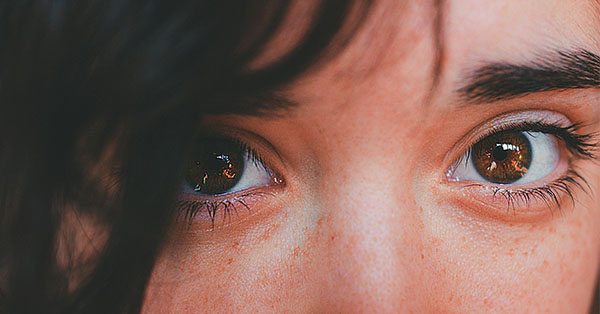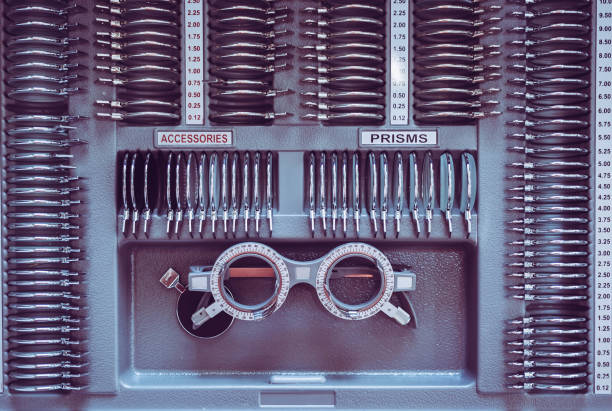
Guide to Picking Glasses That Suit Your Face Shape Perfectly
February 27,2023

What is Boho Style? A Comprehensive Guide to Boho-Chic Fashion
February 13,2025

Virtual Glasses Try On - Find Your Perfect Pair Online
April 02,2024

UV Protection Glasses VS. Blue Light Glasses - Vooglam
July 20,2023

Newest Style Modern Trendy Mens Glasses | Vooglam
March 01,2024

Stylish Reading Glasses: Blending Fashion with Functionality
February 16,2023

Photochromic Lenses 101: How They Work & Why You Need Them
September 22,2023

Brown Eyes: The Beauty of the Most Common Hue
September 01,2024

The chubby face glasses for round face female
August 02,2023

What are prisms in eyeglasses?
March 20,2023

What Are Bifocal Glasses? The Complete Guide (Types, History & Benefits)
April 14,2023

How to Read Your Eyeglass Prescription?
March 11,2023
Anti-Glare vs. Blue Light Glasses: The Complete Guide to Protecting Your Eyes (and What Science Says)
We’ve all been there. You’ve been staring at a spreadsheet or a design file for six hours, and your eyes feel like they’re full of sand. Or maybe you’re driving home at night, and every oncoming headlight looks like a chaotic starburst, making you squint until your temples throb.
In our screen-dominated world, "eye strain" is practically a lifestyle. You know you need to do something about it, but the optical jargon can be confusing. You hear terms like "AR coating," "blue blockers," and "computer glasses" thrown around. Are they the same thing? Do you need both?
At Vooglam, we believe you shouldn't need a PhD in physics to buy a pair of glasses. We’re here to clear up the confusion between anti-glare vs blue light technology, explain the science without the boredom, and help you figure out exactly what your eyes need to survive the digital grind.
Get Protected in Style: Shop Trendy Frames >>
The Big Confusion: Anti-Glare vs. Blue Light Blocking
First, let’s bust a common myth: Anti-glare and blue light blocking are not the same thing, even though they are often sold together. Think of them as the dynamic duo of eyewear—Batman and Robin. They do different jobs, but they work best when they’re together.
Anti-Glare (AR) Coating:
Think of this as "invisible glass." Its primary job is to reduce the light bouncing off your lenses.
- What it does: It eliminates those annoying reflections that obscure your eyes in photos or Zoom calls.
- The visual benefit: It allows more light to pass through the lens to your eye, making your vision sharper and clearer, especially at night. If you hate seeing your own reflection in your glasses while trying to focus, this is what you need.
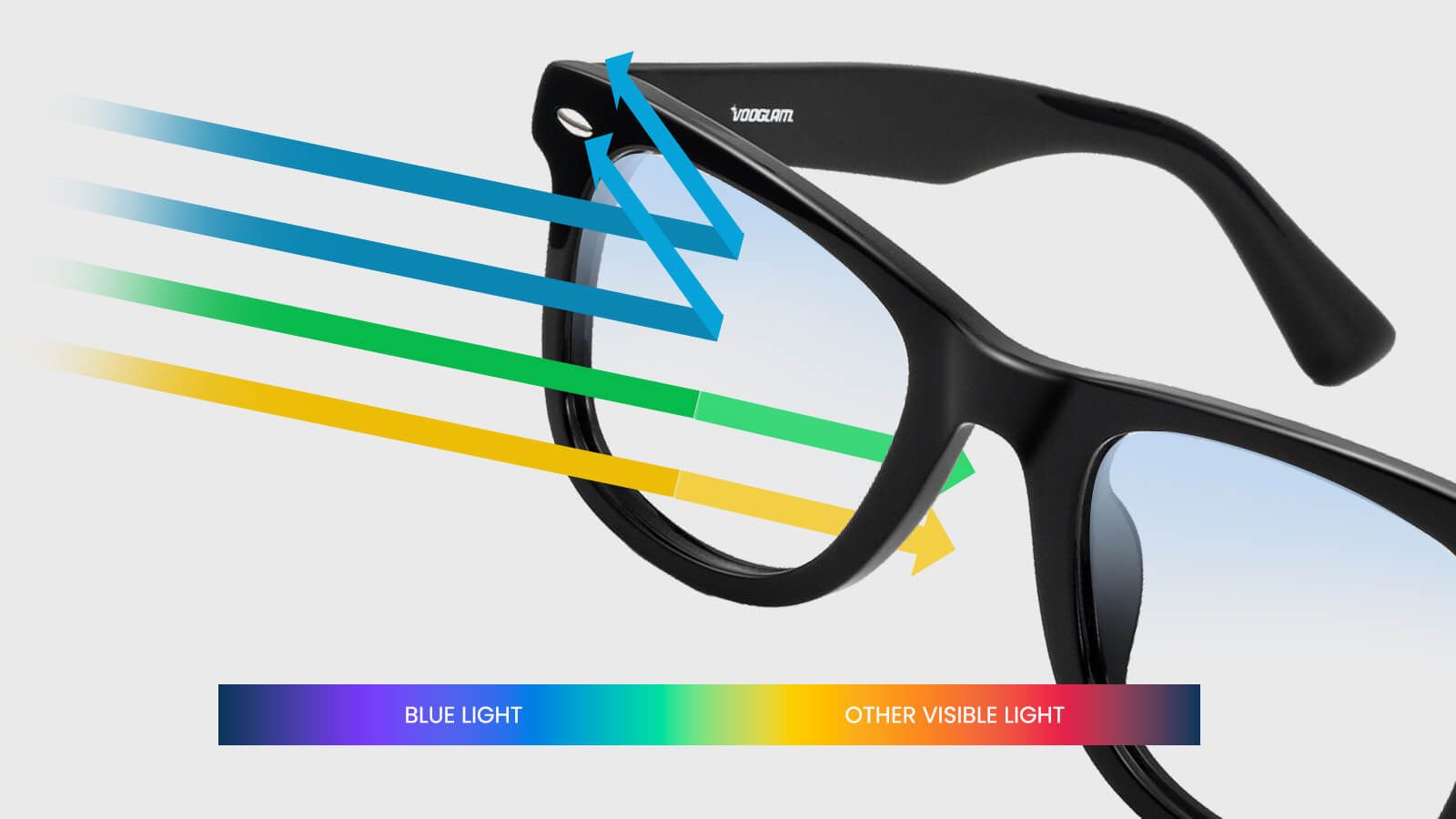
Blue Light Blocking:
This is a filter embedded in or coated onto the lens. Its job is to manage the light coming into your eyes from screens.
- What it does: It selectively filters out high-energy violet/blue light wavelengths emitted by your phone, laptop, and LED lights.
- The visual benefit: It softens the harsh "digital glare" of a white screen, reducing the contrast struggle your eyes face daily.
The Vooglam Standard:
Here is the good news: you usually don't have to choose. Most of our premium lens packages at Vooglam combine high-quality Anti-Reflective (AR) coatings with Blue Light protection. Why? Because putting a great filter on a lens that reflects everything like a mirror is pointless. We want you to look good (no reflections) and feel good (no strain).
Get Both: Shop Lenses with Anti-Glare & Blue Light Block >>
What Actually Is Blue Light? (The Science Part)
To understand what does blue light glasses do, we have to talk about the light spectrum. Don't worry, we’ll keep it quick.
Light is made of electromagnetic particles that travel in waves. Visible light ranges from red (long, low-energy waves) to violet (short, high-energy waves). Blue light sits right next to UV (ultraviolet) light on the spectrum. It is known as HEV (High-Energy Visible) light.
- In nature: Blue light is everywhere. It’s what makes the sky blue. It’s essential during the day because it boosts alertness, helps memory, and regulates your mood.
- On screens: The problem isn't blue light itself; it’s the source and the timing. Our digital devices (phones, monitors, TVs) emit a concentrated amount of HEV light. Unlike UV light, which is mostly blocked by the front of your eye (the cornea and lens), blue light penetrates all the way back to the retina.
When you stare at a screen for 8+ hours a day, your eyes are constantly processing this high-energy scattering light. It’s like trying to listen to a conversation in a noisy room—your brain and eyes have to work overtime to focus.
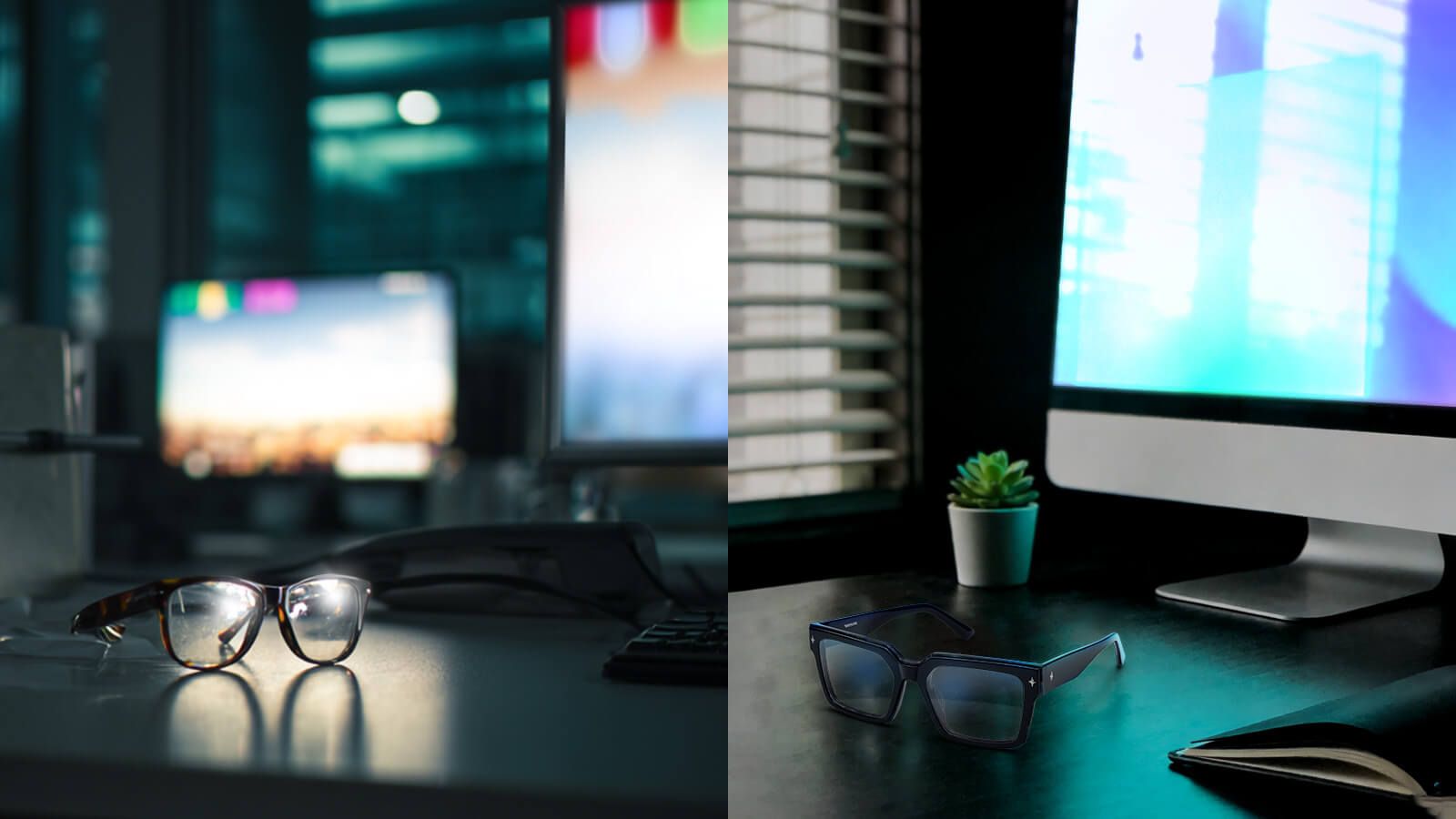
Learn More about Blue Light Blocking:
Can You Wear Blue Light Glasses with Contacts >
UV Protection Glasses VS. Blue Light Glasses >
Do Kids Need Blue Light Glasses >
Trendy Computer Glasses for Women and Men >
How to Test Blue Light Glasses at Home >
Do Blue Light Glasses Really Work? (Benefits Breakdown)
There is a lot of skepticism out there. Do blue light glasses work? Are they a medical miracle? No. They aren't going to cure a disease. But are they a tool for comfort? Absolutely. Think of them like specialized running shoes. You can run in flip-flops, but your feet are going to hurt. Blue light glasses are the running shoes for your digital marathon.
Blue Light Glasses Benefit #1: Easing Digital Eye Strain
This is the number one reason people switch to blue light prescription glasses or non-prescription blockers. Digital Eye Strain (DES) is characterized by dry eyes, blurred vision, and headaches behind the eyes.
Because blue light scatters more easily than other colors, it reduces contrast. Your eyes have to constantly "flex" to maintain focus on pixelated text. What are blue light glasses doing here? They filter out that scattering range, bumping up the contrast. This means your eye muscles don't have to work as hard. It’s a subtle shift, but by 5 PM, the difference between a throbbing headache and a clear head is massive.
Blue Light Glasses Benefit #2: The Sleep Connection
We’ve all been guilty of "one last scroll" on TikTok or Instagram before bed. The problem is that blue light suppresses melatonin—the hormone that tells your body it’s time to sleep. Your brain sees the blue light from your phone and thinks, "Oh, the sun is up! Time to be awake!"
Wearing blue light glasses benefits your circadian rhythm by mocking a more natural "sunset" environment. While we always recommend putting the phone away an hour before bed (we know, it’s hard), wearing your Vooglam frames during your evening Netflix binge can help minimize that "wired but tired" feeling.
Find the Right Lens for Your Lifestyle >>
Who Needs Them Most? Finding the Right Pair for You
Not everyone needs maximum protection, but in 2026, almost everyone needs some level of light management. Here is a quick checklist to see where you fit:
- The Office Warrior (8+ Hours Screen Time):If you live in spreadsheets and Slack, you are the prime candidate. You need a pair that combines Anti-Glare (to fight overhead office lighting) and Blue Light blocking.Style Tip: Try a lightweight metal frame like the [Gorden] series. You want something that feels like air on your face for all-day wear.
- The Gamer & Streamer:You are dealing with fast-moving graphics and dark rooms. Eye fatigue hits you fast.Recommendation: Look for larger frames that offer a wide field of view. The [Mandi] or [Adley] styles provide great coverage so light doesn't leak in from the sides.
- The Night Driver:This is where the anti-glare vs blue light distinction matters most. While you can wear blue light glasses at night, what you really need is a top-tier Anti-Reflective coating to stop streetlights and headlights from starring out.Note: Ensure your lenses are kept clean. Smudges + headlights = blindness.
- The "Fashion First" User:Maybe you don't need prescription power, but you want to accessorize. Blue light glasses are the perfect entry point. You get the style upgrade of a funky, geometric Vooglam frame, plus the hidden benefit of protecting your eyes when you do check your phone.
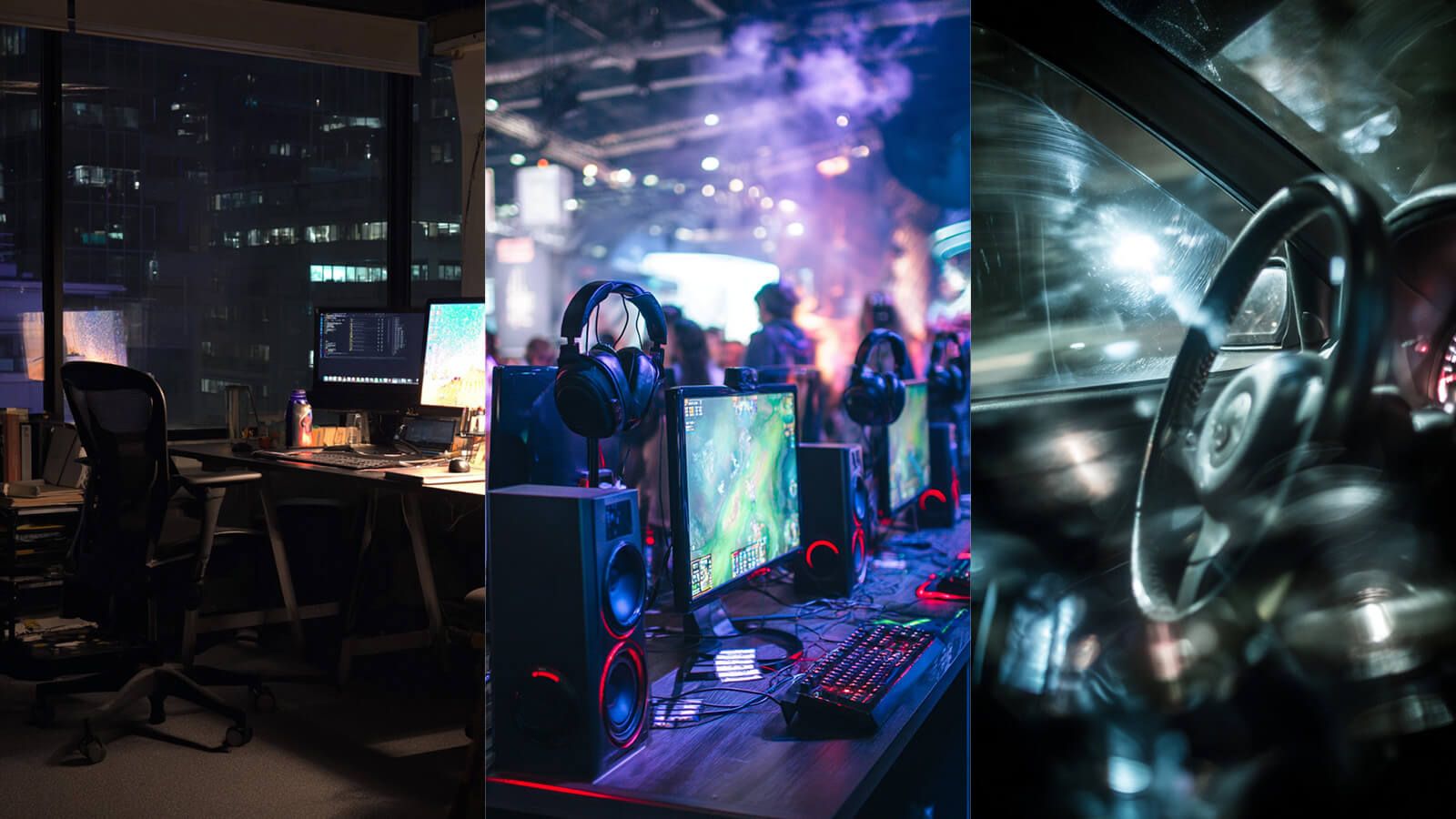
Frame Your Health
At the end of the day, your eyes are your window to the world. Protecting them shouldn't feel like a chore, and it definitely shouldn't look boring. Whether you are looking to reduce that end-of-day headache, sleep a little better, or just see clearer while driving at night, understanding the tools available to you is the first step.
You don't have to settle for red, tired eyes. With the right combination of Anti-Glare and Blue Light technology, you can improve your optics and look fantastic doing it.
Ready to see the difference? [Explore Vooglam’s range of protective eyewear] and find the frames that fit your face and your lifestyle.
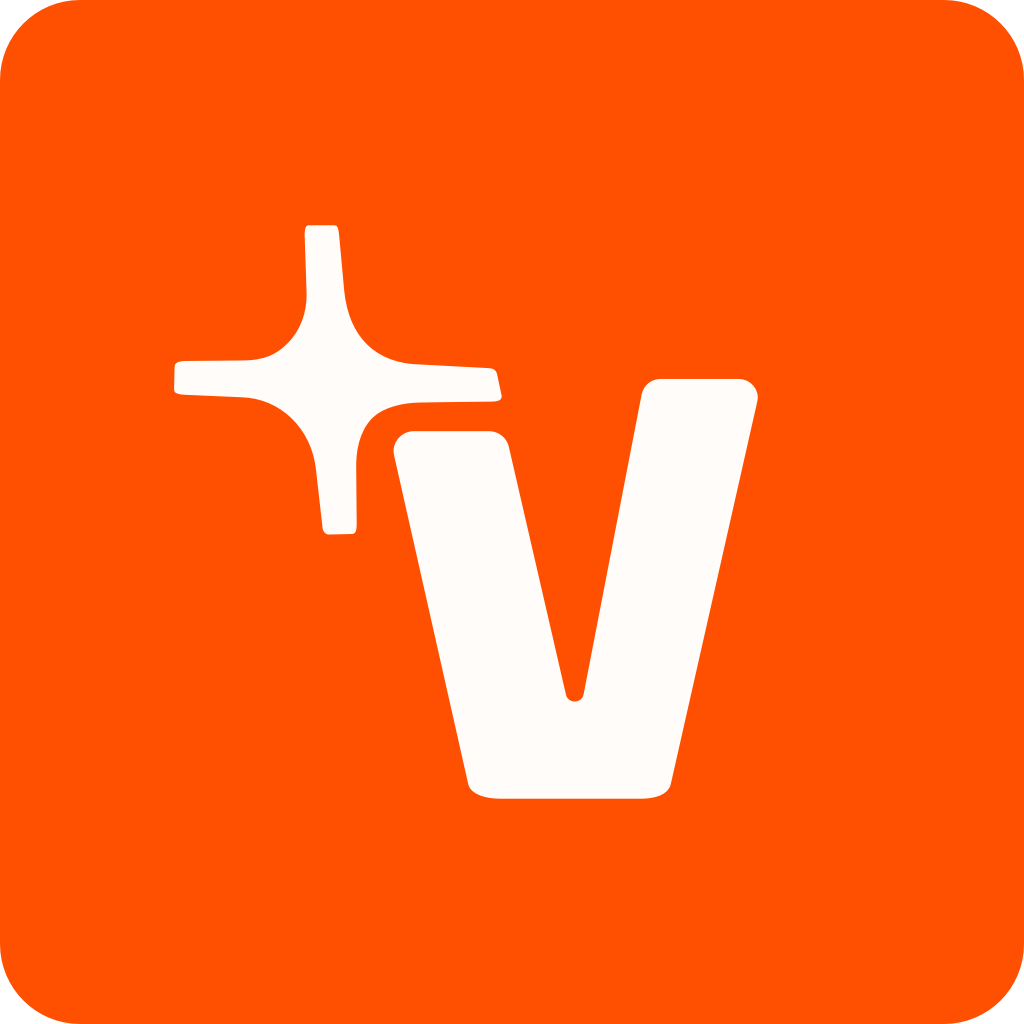
Vooglam Blog
Vooglam blog shares professional knowledge about eyeglass frames, lenses, etc., and provides help when purchasing and using eyewear products. At the same time, Vooglam focuses on fashion glasses to interpret the trend of glasses for you.




